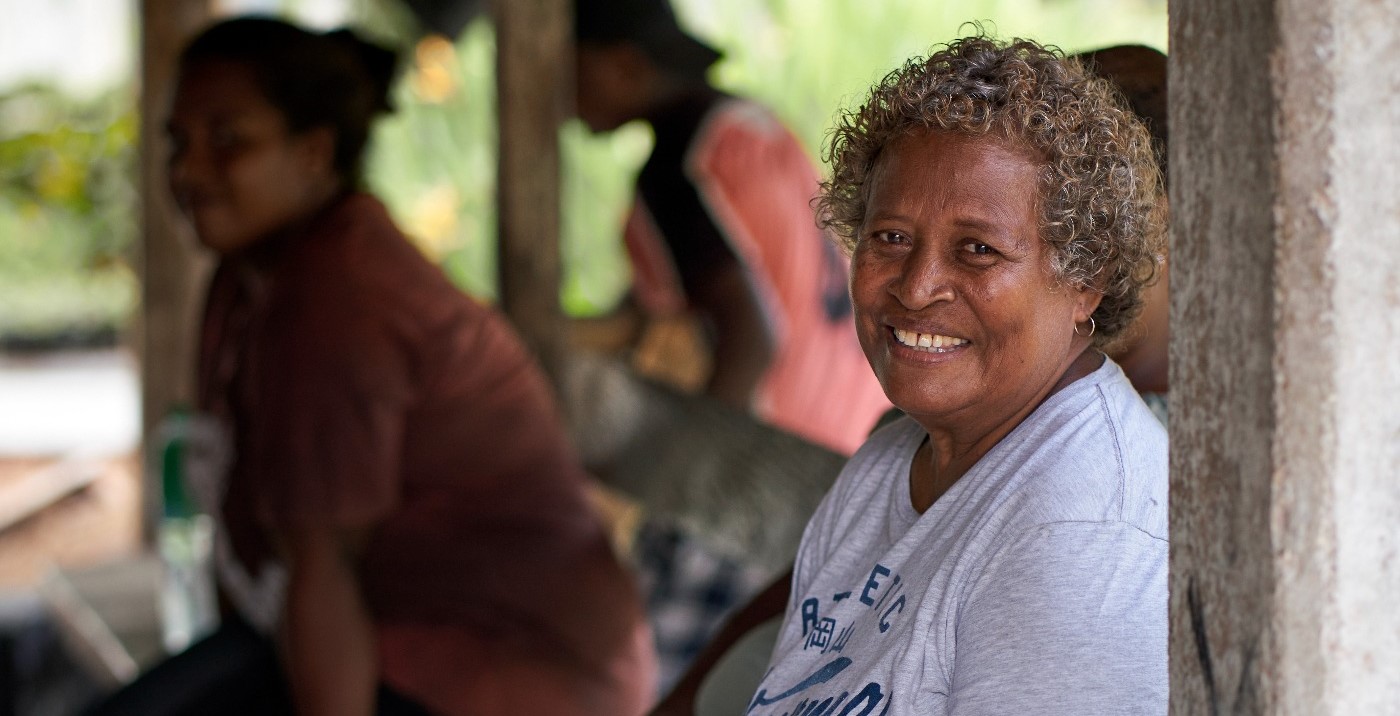Responding to the challenges of a year like no other: IFAD’s 2020 Annual Report
IFAD Asset Request Portlet
Asset Publisher
Responding to the challenges of a year like no other: IFAD’s 2020 Annual Report
Estimated reading time: 3 minutes
We began 2020 with a sense of urgency. The number of people in extreme poverty was predicted to increase for the first time in a generation, while the number of people facing hunger was predicted to rise by as much as 132 million.
Then the COVID-19 pandemic struck.
Rural people were left facing an unprecedented shock – one that threatened to exacerbate the myriad challenges they were already facing and roll back years of progress in the fight against poverty and hunger. We knew we needed to act quickly and effectively to help them. And at the same time, we knew neither we nor they could afford to lose sight of our long-term goals.
IFAD’s 2020 Annual Report details how we responded to these challenges. It describes our immediate response to the pandemic as we worked with governments to adjust existing projects to protect participants from the expected socio-economic impacts. And it contains the perspectives of the rural people we worked with as the pandemic spread across the globe.
It also describes the Rural Poor Stimulus Facility (RPSF) we launched in April 2020 in response to the extremely high demand for support, as well as other approaches we took to building rural people’s resilience to the pandemic’s immediate impacts.
2020 was not only about dealing with the immediate effects of an unprecedented crisis – it was also about laying the foundation for a more resilient and inclusive post-COVID world. For IFAD, this meant revamping our financial infrastructure so we can invest more and reach more rural people. 2020 was a historic year in this regard: we made our first investment in a private sector entity, with an investment of US$9 million in the Agri-Business Capital (ABC) Fund; and we became the first UN agency to receive a public credit rating.
Greater ambition also calls for greater prudence. Our new integrated borrowing framework will enable us to manage the risks associated with a more ambitious financial model while ensuring IFAD’s continued financial sustainability. Importantly, core contributions from member states remain the bedrock of our financial model.
Building towards a more resilient post-COVID world also means going even further to reach the rural people who, for different reasons, are most at risk of being left behind. Our 2020 Annual Report presents new and updated tools that we are using in our work with indigenous peoples, women, youth, and persons with disabilities. And it contains videos and testimonials highlighting the perspectives of the rural people we partner with.
This work – and the need to amplify the voices of rural people – is resonating with ever greater numbers as we prepare for the United Nations Food Systems Summit this year, where inclusion will be a major topic of discussion.
Innovation is at the centre of all this work. Indeed, as the challenges facing rural people become more complex and entwined, the solutions necessarily must become more sophisticated. Cutting-edge technologies – like new early-warning systems and mobile solar power – are gaining prominence in IFAD’s work, as reflected in many of the examples highlighted in the report.
Innovation is also key to improving our institutional efficiency so we can deliver more for rural people across the world. Our transition to a decentralized operational model will give us the flexibility and creativity needed to adapt and respond to each country’s unique context.
And, just as we work with rural people to find sustainable solutions to the challenges they are facing, we also prioritize sustainable business practices in our day-to-day operations. That’s how we’ve been able to maintain our LEED Platinum status, the highest-level green building certification available worldwide.
We faced many difficulties in 2020, as did people all across the world. IFAD’s Annual Report 2020 provides a concise, compelling and interactive discussion of how we addressed these difficulties and how – throughout the year – we shaped our plans to bring about a more resilient world for all rural people.
Explore IFAD's annual report for 2020
Publication date: 28 July 2021